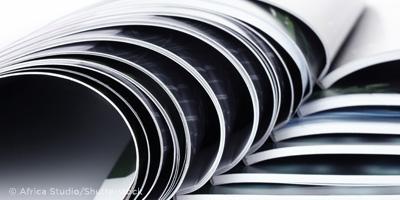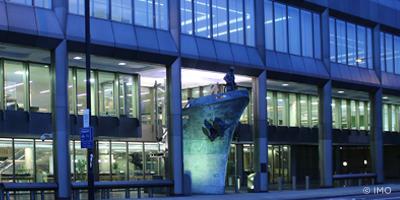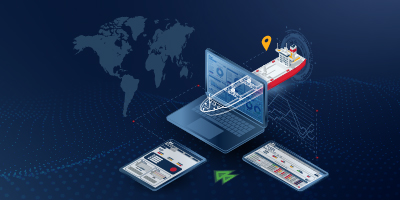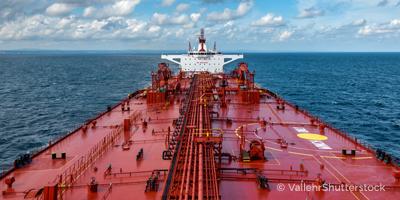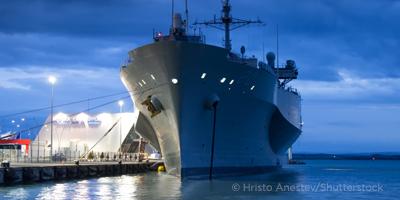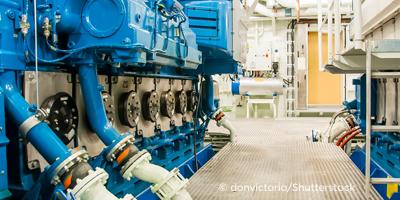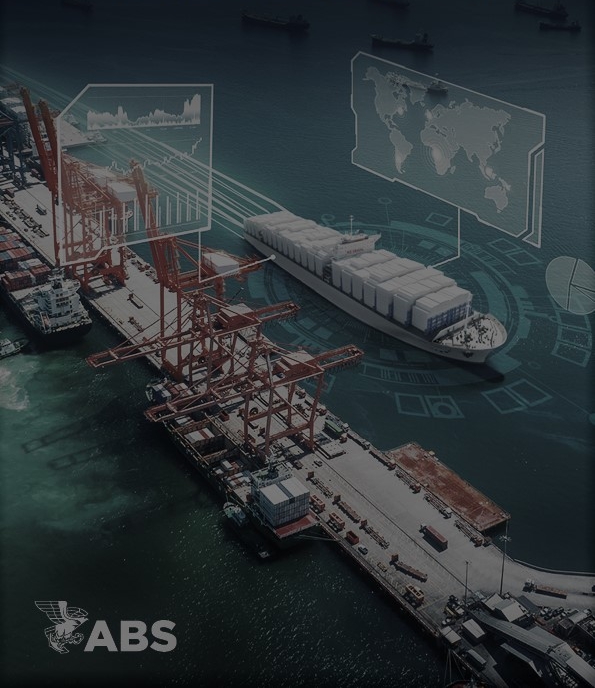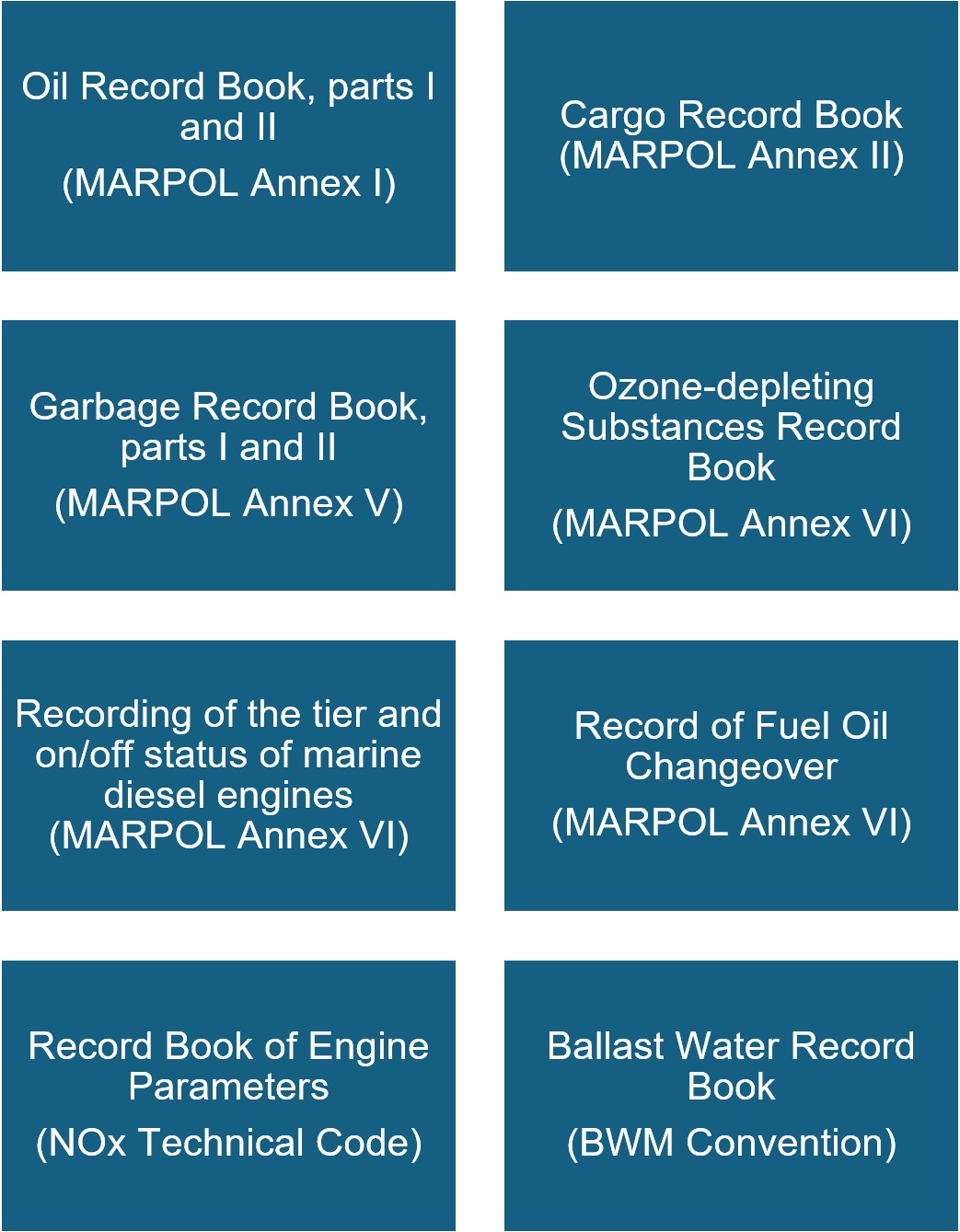To ensure compliance with the MARPOL and BWM Conventions, ERBs should obtain approval from the vessel's Flag State or an authorized Recognized Organization (RO). The Guidelines developed by IMO establish consistent technical specifications and criteria to standardize the approval process. The ERB is assessed by the Flag State or an authorized RO to verify compliance with the relevant requirements of the Conventions and with the Guidelines. Following the assessment, if the specified requirements of the Conventions and the Guidelines are met, a "Declaration of MARPOL electronic record books" or "Declaration of BWM Convention electronic record books" is issued. A copy of the Declaration should be carried on board for regulatory surveys or inspections.
To streamline the approval process, ABS offers Product Design Assessment (PDA) services to ERB manufacturers, verifying their compliance with the prescribed standards. If a PDA is granted to an ERB under the MARPOL and BWM Conventions and ABS is authorized by the vessel’s Flag State, ABS can issue the Declaration upon conducting a confirmatory survey.
Electronic versions of record books and logbooks other than those under the MARPOL and BWM Conventions can also be issued with PDA based on ABS Rules and ISO Standards. Operators should consult with the ship Flag Administration about any additional requirements.



